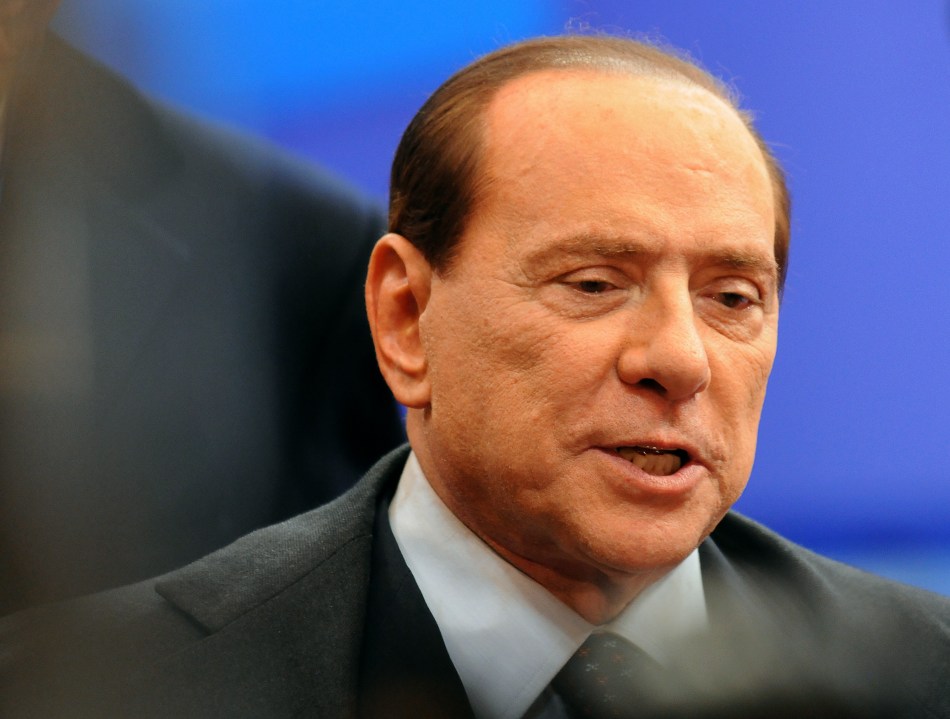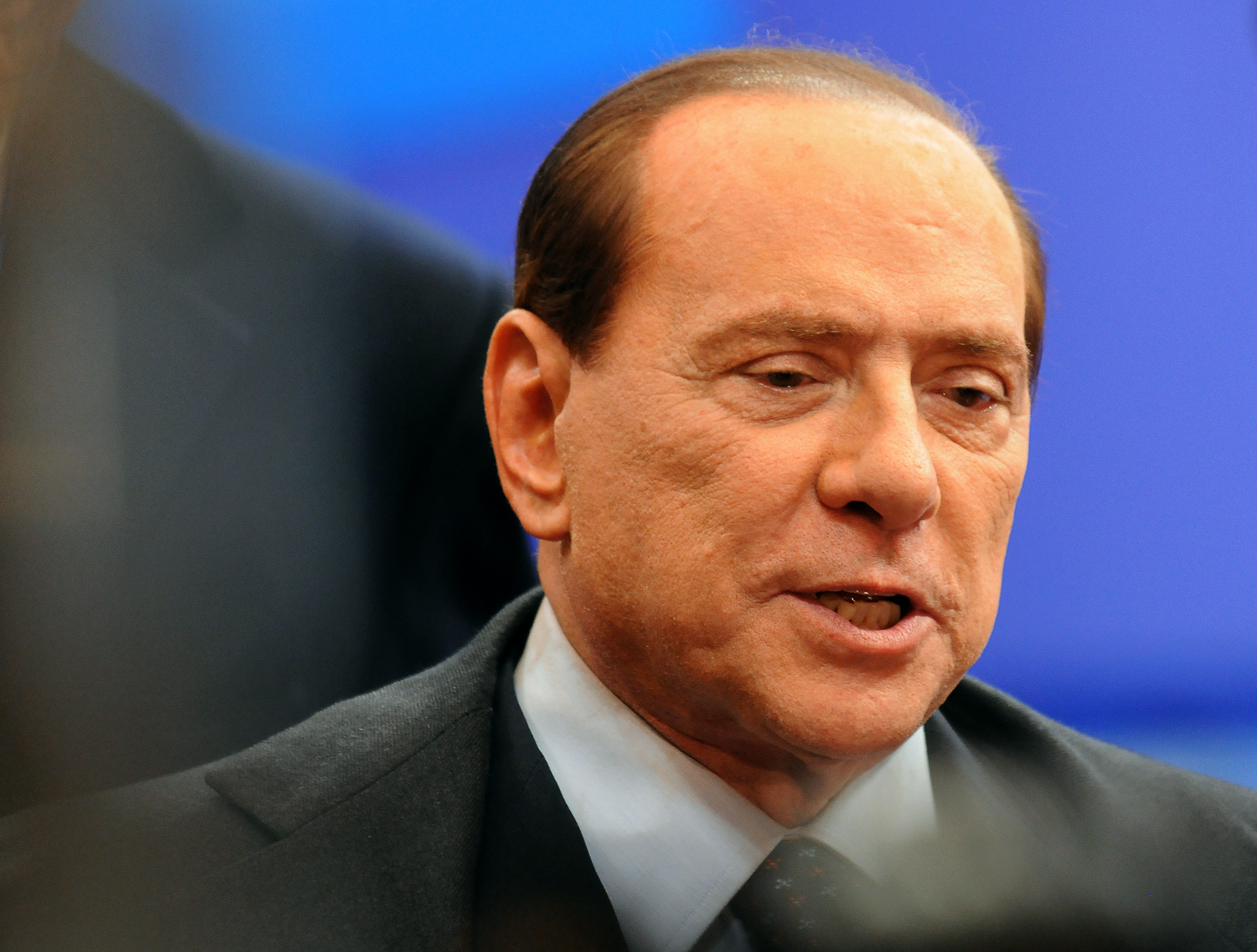 If Italy’s a country on the brink, it doesn’t show it. At least not in Milan. Along the
city’s rainswept streets, thousand of designer-clad people hit the shops this weekend, unperturbed at the prospect of the government’s likely collapse and the risk of a financial meltdown. At a
small deli called Pack overpriced but delicious pieces of Bresaola and Parmegiano are sold in green-and-gold Harrods-like wrapping. La Rinascente, the city’s upmarket department store, is packed
with high-rolling shoppers and the nightclub under the main Armani store is heaving with models and their male accoutrements. Here life remains dolce.
If Italy’s a country on the brink, it doesn’t show it. At least not in Milan. Along the
city’s rainswept streets, thousand of designer-clad people hit the shops this weekend, unperturbed at the prospect of the government’s likely collapse and the risk of a financial meltdown. At a
small deli called Pack overpriced but delicious pieces of Bresaola and Parmegiano are sold in green-and-gold Harrods-like wrapping. La Rinascente, the city’s upmarket department store, is packed
with high-rolling shoppers and the nightclub under the main Armani store is heaving with models and their male accoutrements. Here life remains dolce.
Of course Milan is not Italy – it is the country’s commercial heartland, a little Germany south of the Dolomites. But northern Italy is not immune to the country’s problems. The Italian government’s debt load is enormous and the country’s economy is stuck due to over-regulation, strike-eager unions, an oversized bureaucracy, high taxes, and a level of corruption that would make a Greek feel at home. Then there is what International Monetary Fund chief Christine Lagarde has talked about: the government’s “lack of credibility”.
But if Italy does not achieve economic growth this year and next, while reassuring the markets that the government’s reforms will happen, the consequences could be dire. So far, however, there is little sign that either will happen.
Trust in Silvio Berlusconi is at an all time low – last week the crooner-turned-politician earned the extraordinary accolade of being mentioned in the US State Department’s annual Anti-Trafficking Report. As the Prime Minister left the G20 summit in Cannes, Italian investors seemed to agree with US officials – Italian sovereign bonds traded at crisis levels, indicating that the markets believe that the eurozone’s third-biggest economy could be heading for a meltdown. A collapse in Italy would affect France, at which point the euro-crisis would really move to the heart of Europe. Then there is no help for anyone – Brits, Danes, or even Germans.
The next two weeks is therefore make or break for Italy, and so for Europe as a whole. It all seems to come down to a question of whether Silvio Berlusconi stays or not. The rebels within his party are threatening to oppose him in a vote to sign off on the 2012 budget next week. Everywhere in Europe leaders are hoping the rebels will succeed and he will fail, forcing the formation of a new government perhaps under his right-hand man Gianni Letta, Finance Minister Giulio Tremonti or a technocrat. In Milan, they hope for the same.







Comments